Episode 8: “Why Alberta Wants a Divorce”
Madison and Maycee Holmes
Want more Holmes?
Find them on Substack, Rumble and Youtube
You can also contact the Holmes sisters directly at Connect@at-home-with-holmes.com
1 Comment
Leave a Comment Cancel Reply
You must be logged in to post a comment.
(0:01 - 0:07) Hi everybody, I'm Madison Holmes. And I am Maycee Holmes. And you're watching Holmes Squared. (0:08 - 0:34) I heard that slur, whatever that was. It's because I said you are watching instead of you're watching. Oh, okay. I pulled a do not instead of a don't. Okay guys, so me and Maddie just did a crazy weekend. A very extensively busy weekend. Yeah. Very, very, very good though and very fun. We talked about the last events that we were going to be going to on our last episode. (0:35 - 2:25) Yeah. So we're just going to kind of go in order and talk about how they went and then also talk about why they're important to us, kind of some of the things that were discussed. And actually, so the first event that we are going to talk to Will and his lovely wife, Valerie, were actually at as well. Got to give them a big hug. Which is the Cornerstone event. So Maddie, you can just pull up the screen share. So the Cornerstone event, that was basically the attendance. That's the stadium. It was amazing. We were somewhere over here. Yeah, and we were somewhere over there. Somewhere, yeah. Who's on stage right now? In that panel was Alex Krainer, Tues, Tamara Lich, and then Chuck Prodonick . Yes. Yeah. So I guess what would be a good place to start? I guess what is the Cornerstone event and why did we go and what was talked about? Yeah, Cornerstone event. He called it a forum and I think that's good because it's literally just a place for dialogue. Not every speaker, most of the speakers got like a 10 to 12 minute speech, which is hilarious for those who have watched Matthew Ehret trying to get in an hour's worth of content into 12 minutes. Oh my God, he did great. So the speakers there were fantastic. Yes. The reason I like this event was because there was almost like every sector of Albertan was kind of represented in this. True. Not everyone, but like a really good chunk because there were some people who were dealing in the education sector and there were some people who were dealing with just small business and what it means to be a person in Alberta trying to run a small business and what that actually looks like from a financial standpoint and a bureaucratic standpoint. (2:25 - 3:57) Even looking at what is that the line of chain manufacturing and production of parts because I think the specific speaker we're both alluding to is Chase. From Edison Motors. Yeah, and he was talking about how he and his company was doing the combination of diesel and electric because supposedly our rail has been doing it for forever and so have the rigs, but he's like, why don't we do that with trucks? Because all long-term innovations usually start with incremental progress. You can't just go from lumber burning wood to nuclear. There's a reason we went to coal first and then natural gas and stuff like that, but he was talking about even the complications of supply lines and trying to source. One thing he asked, which was really interesting hearing, he said here in Alberta, some of the parts we need to build these diesel electric trucks, there's little mom-pa shops that don't actually make the parts or they can't meet the demand. So even the request of realizing even as a country or like Alberta as a province, we kind of always talk about how there's this entrepreneurial spirit and we're very hardworking, conscientious people. Even he was like, come on guys, we got to step up our game. We've got to increase the rate of which we produce all of these things, the quantity and stuff like that. (3:57 - 5:22) I thought that was interesting to hear from a businessman perspective, even the land regulations and stuff he had to go through. He was talking about doing it in Golden in BC. There was less land restrictions than hoops that he had to go through than here in Alberta, which makes me upset. It should not be that difficult for him in certain areas. He was from BC though, wasn't he? Yeah, because he did timber. But there should not be that many restrictions to prevent you. That's one thing I learned about Europe too. Europe has, even though the restriction sounds good, I think it was not vaccinating some cattle. There was a strict restriction, something like that somewhere. Although it's a restriction that makes sense to me, we don't need to be vaccinating our cattle to the extent that we do. There are unreasonable regulations that get put on Europe that cap little farmers from being able to even start the business. That's really interesting to think about from a business perspective, just trying to learn your economy and how does your local area work. It was a lot to think about. They were talking about the fact that even they couldn't produce. We are barely able to produce domestically our own products. (5:24 - 7:09) Obviously, the tariffs weren't necessarily helping on that because they're tariffing the imports that they do as well. Because we can barely, I guess, figure out how to keep ourselves afloat. We don't have all of our ducks in a row to be producing all of the tiny little details and even the shrap metal that you need because he's building trucks. He was like, it's hard to find where to find it domestically, so we have to outsource. Then that's just like- Which is hard when there's a stupid tariff war going on between the countries. It's not that it's bad to obviously be trading with other countries, but we can barely figure out how to produce it here at home. When circumstances like this do arise, we are impacted. Part of me just thinks that it's like if tariffs wouldn't be so effective on us if we were actually just able to produce our own shit. You know what I mean? That was something that was talked about. Then there was another thing where I was writing down notes as we were watching the Cornerstone Forum because there were so many valuable things said. I just put monopoly means that there's no competition. That means that if there's no competition, you don't have to see what doesn't work if there's no competition. That was also something that I thought played as well in terms of just small businesses. Then obviously, I think it was another speaker that was talking about the tax federation, the Canada Canadian Tax Federation. I think, what was her name? Kris Sims. (7:09 - 8:03) Kris Sims. Then how venture capital is going towards projects that just eventually just end up getting canceled. You have all these projects that are like, oh, well, we promised to build you, I don't know, your electric rail, high-speed rail or whatever the heck, right? Then it just eventually, she put all this money into this thing. Maybe it's for this climate agenda and this net zero agenda, but then the capital or the project just ends up getting canceled. This guy's going like, man, I can make this diesel electric truck if I wanted to, nothing. He was basically saying it's not that complicated to make it. It's just trying to jump through the getting all the things that I need is complicated. It shouldn't have to be. That's just so ridiculous. (8:03 - 9:49) We know why. It's because they don't like things that are meant to work, built to work. Right. That was one thing. I know we said I was going to go and we were going to go in chronological order of the events, but now that you've said it, I'm just going to jump over to the APP event that we went to on Monday, because that was literally the speech that Mitch Sylvester gave. We went to this on Monday. Fantastic audience turnout. There were a thousand people, if not more. Yeah. If you guys want to, since I'm sharing screen, this video right here. Can I do full screen? Oh, yeah. Yeah, sure. Here. That's it. Yeah. That was how many people showed up. That was early, by the way, that recording. I know. That was even before everyone was seated. I think that was before even we showed up. Yeah, that was before we showed up because there wasn't a single empty chair. They were actually pulling chairs from the kitchen to help seat people. Then there were still people standing. That's how many people were in that hall. Mitch Sylvestre was one of the last speakers. He's the CEO of the- You haven't screenshared when you do that. He's the CEO. He's the top one here of the Alberta Prosperity Project. Also, he's on, I don't know if he's the president. He might be of one of the constituencies here in Calgary. (9:49 - 12:30) Bonnyville. Bonnyville. Thank you. He's on the Bonnyville constituency. His talk was on what Macy just said. He alluded to the people in Alberta's founding, which are also involved in Canada's founding. When they were bringing in Alberta- I had a screenshot, actually, of that quote. I'll pull it up while you're talking. They were literally figures and their goal. This is the same thing for all of Canada because there's that quote that Matthew said in his speech where- I think this was Sir John A. Macdonald, actually. He said that he'd be okay with keeping the prairies, Canada, a desert. If they don't build something and include infrastructure, he's alluding to specifically the Canadian Pacific Railway. He said, I'd be totally okay with keeping a barren wasteland. If we don't go there, the Yankees will, meaning the US. If nobody knows the real Canadian history, there was only a BC, Quebec, and Ontario, I think, and then you had Rupert's Land, which is Hudson's Bay and stuff like that. But BC was looking to join the United States in 1860s. They didn't want that, the Sir John A. Macdonalds and any other person that has sympathy towards the British Empire at the time. He said that very thing, that if we don't develop something like the Canadian Pacific Railway, we'll leave. Before Canada became a thing, we'll join the United States. It's right from the founding, that's how Canada was, and it's the same thing for Alberta. Even though that's a local thing, it was actually the same for the entirety of Canada. They didn't want us to be the financial hub, and they didn't really want us to prosper, but there was an alternative if they wanted to keep control over it. They had to give Alberta a little win and give Canada a little win in order to keep us subservient and acquiescent as if like, oh, look, now it looks like we got what we wanted. But really, they're still keeping the water here. It's like they were drowning us, and then they lowered the water to here, and now we think we're okay. Meanwhile, we could still easily drown. Yeah, that's a good way of putting it. (12:30 - 13:34) I sent it to you in Telegram if you wanted to grab it, but at the APP event, what the discussion was mainly about when Maddie's alluding to with what Mitch Savester was talking about is that some of the projects that we have been trying to get underground for energy and for oil pipelines have been, as I was mentioning, canceled or just haven't been constructed whatsoever. The reason why this event was so important for us as Albertans specifically, but also just how it's important for people overall, and this relates to the event that we held with Matthew and also the event at Cornerstone, is that we are being, I guess, our necks are being held under someone's boot right now, and we're trying to figure out a way to come out from under. This was a quote that was brought up by Kate Clifford Sifton, Canada's Interior Minister in Parliament in 1904. (13:34 - 15:02) And we were founded in 1905, if I'm not mistaken. Yes, and then it says, we desire, every Canadian desires, that the great trade of the prairies, so that would be Alberta, the West, shall go to enrich our own people in the East, Ottawa, to build up factories and the workshops of Eastern Canada and contribute in every way to its prosperity. Yeah, so that was, it was in the founding of like, some people say, oh, we just had, we've just grown this hate over time, and it kind of came out of nowhere. But this was the intention, the relationship, it didn't just magically, unfortunately happen over time. It was started that way, and so is Canada. So this isn't just a, this isn't just a Alberta thing. This, that's how, that's how they always go, because that's just how their mentality works, because of the left hemisphere. But needless to say, that was, that was the big APP event, which coincided with the whole cornerstone event, which was problem solving. People were talking about, okay, what does it look like when you try and solve these problems for a long time? Because there were even that one guy who was talking about the firearms, and he said he's been at this for, what, like 10 years? And then he said, you know, sometimes you get tired and things are tough, but the one thing that you took away, if you remember what he said, with the 10, 13 year comparison. (15:03 - 16:44) Yeah, he was saying that basically, if you, maybe it's a 13 year fight, and it's going to take you 13 years to get this goal, and you're only 10 years in, and he's going to, he, and he is, and he's like, thinking to himself, he's like, I don't want to give up, because what if I don't know it yet, but there's only another three years to go, right? Or even if it was more, right? It's like one of those things where it's, hence, it's just the concept of like, don't give up, because you don't know when something amazing will happen, you know what I mean? Yeah. And then when we were talking about this, so me and Maddie also, we, our family hosted an event with Matthew Arrett, and basically what it was, is we called it a geopolitical masterclass, and what was talked about there, Matthew did a really good job talking about, I guess, the untold history of Canada, from a perspective of kind of like a slave feudalistic system versus, you know, nationality, and prosperity, and sovereignty, where you're actually like, what that fellow was talking about in the very beginning, just being able to produce on your own, you know, and have win-win cooperation with other people. And so, Maddie, did you want to pull up the photos for that, or? Yeah, I pulled up one. This was Matthew speaking, and at the corner, so the Cornerstone event happened first on, was that the Saturday? Yeah, I think so. So, it was on the Saturday, and on, at there, this is the book table for everybody that they got to set up, because Matthew, look at all the books he has written. And his wife. (16:45 - 17:59) Yeah, it's, and it's insane, but, oh, that's just a painting. We can ignore that for now. Yeah, this is some, so that's Sean Newman, this is behind the scenes, because again, we're volunteering. See, that's an APP shirt. He was asking us in that scenario to figure out how it would look like if the speakers were all like chatting on the thing. So, he's like, can you guys come up here? I was like, yeah. But for the event that we held with Matthew is basically also talking about what has been the continuity of our history and of other countries' histories in context of this sort of feudalistic slave system, and then how is it playing out today? Yeah, that's Alex Cranor. Which we met at the Cornerstone event. He's lovely. He's a really, really, really nice person. Yeah, it was really, because we met, we've been watching people like Alex Cranor, Tom Mawango, Martin, one you can't remember his name. Armstrong. Martin Armstrong, thank you. I always confuse him with Maurice Strong, Armstrong. That's mean. Martin Armstrong. Don't do that, that's rude. I know, not the same people. (17:59 - 18:12) Not okay. But we've been watching these people for a long time, so then we got to meet them. Then, of course, being young people having influence, we introduced ourselves. (18:16 - 20:20) We made sure that we had permission, but we're allowed to do interviews and we're going to interview, just so you guys know, we got the contact information of people like Tom Luongo and Alex Krainer and Matthew Ehret, surprise, surprise. You've got some exciting interviews coming up, just so everybody has a sneak peek. That's one thing, but because we went to the Cornerstone event first, we got to meet people like Alex Krainer, and then he surprised us at the Matthew event that our family held. Then they got to tag team this. Everything we talked about at the Cornerstone, I feel like it got, because even the finances that Martin Armstrong was talking about and Brett Oland from the Bow Valley Credit Union and that Bitcoin guy, they were all talking. That was a good financial roundtable that they did, talking about gold versus Bitcoin, how they're similar, how they're different, and then Bitcoin versus crypto, and then the gold versus the speculation. All of those are really good comparisons, but all of the concepts, I believe, got touched on again, even at our event, including with the Q&A, because even some of the people were asking, okay, well, then what does that look like for Canada in terms of the finances and the collateral? Is Canada being used for collateral? Because again, Mark Carney's now in, so is Canada supposed to join the EU for more collateral for their mission, because they lost the collateral from because the Ukraine-Russia war didn't go as planned. Same with the Israel war that's going on. It was interesting to go from the Cornerstone Forum to this event with Matthew Ehret. It's like, even though not the same people attended, but still the same concepts. We did have some of the same people attend, but the same concepts, because it's really prevalent in the minds of people right now. I thought that was the whole week and had that continuity. (20:22 - 21:39) No, I think that to make it a bit more whole, because I feel like we've been touching on the bits a bit, but when we're talking about the overall whole and the bigger picture on this, all of the ideas explored as to why this is important and why me and Maddie went, and we were very pleased to see some younger faces at the Cornerstone. We got to meet a beautiful young lady who's 18 years old on our CA in Edmonton, so that was amazing. For the bigger picture, it's kind of like we're trying to understand, okay, where do we sit right now? Where are we in our map? A lot of people have been doing a really good job figuring that out. They're trying to figure out how are we just getting basically subverted economically for someone else's game. Then we've been doing the research and trying to understand that, and hence why we've been trying to understand what the derivatives, but also just when you're talking about this cycle of just money to speculation, to funding wars, to Operation Gladio, just all of these things, then you start to ask yourself the questions like, so what do we do about it? That's what we're trying to figure out. That's why we go to these events because we- And host them. (21:39 - 25:10) And host them ourselves. I had a lovely conversation with a lady at one of our events. She's just like, I don't know what I'm supposed to do. What am I supposed to do? I said, you just got to keep getting yourself educated because this starts with culture, because it starts with actually people caring, because no one understands how the economic system works. No one understands the manipulation. No one even necessarily understands something outside of themselves. Hence in our last episode, that's why we're talking about it. It's easier to- I don't know who said this. I might've been mad, but it's harder to- Oh, Cynthia in one of our articles. It's harder to convince people that snow is black because we experience it and we are familiar with it every day. Although oligarchical forces have tried to do this thing, what's not actually as hard is putting something that's foreign in front of your eyes and convincing it that it's something else because that's not what you're familiar with. People from across the world, right? We're not actually in direct engagement with that and what that looks like because tangible experience, lived experience, seeing it for yourself with your own eyes, having those conversations with those people in that setting and just taking a look, it's like that is easier and to be weaponized against people here and maybe vice versa because there's distance. There's a large gap and we are trying to figure out, well, how do we try and bridge that gap quite literally by building bridges, quite literally by figuring out, well, what would be the best way to move forward and extend our hand in friendship rather than in war because we already know that all wars are bankers wars. It's like we're already, we're trying to get ourselves educated to this and downstream, some people are like, well, why care about any of this, right? It's like, well, you can't even buy a house here. It's really tricky and so a lot of things on a domestic scale are downstream of geopolitics, but a lot of things on geopolitics are downstream of your domestic scale because how you're thinking about certain countries or how you're thinking about even your own, it's like, or your political officiers or your values, which I think was also something that was very much spoken about at APP was like, we need to be paying attention to what these people's intentions, their values are. That tells you a lot about how things are going to play out in the future. Well, even Chase, the guy that was building the hydroelectric trucks, I can't remember the company, but you listed it at the beginning. He is a business owner in BC just trying to make a living and the tariffs, which is a geopolitical thing, geopolitical economic war going on affects his business because of our political and regulations and our governments currently in Canada and then on the provincial level, he's as business owner, literally affected, trying to figure out what is the most efficient way I can run my business and it's actually outsourcing, getting the parts from countries like China, because even with the tariff thing going on, it's still more efficient because of how regulatory things have become in our own country. (25:10 - 25:44) So the geopolitics affecting, it is all that statement we like to say around the house and especially young people all the time, they talk about why should I care about politics? It's like, you can not care about politics, but politics cares about you. Regardless of your opinion on how things should be handled, it is affecting you because we've been to AGMs, we've been to these events and they make policies and these people make decisions. That's what history is. (25:44 - 26:09) We are downstream of other people's past intentions and either the intentions were successful or they failed and then that's why we are where we are today. So now it's like, why care? Because your intentions can affect your future because right now you're living by somebody else's intentions. So it's like, actually put a hand on your own life is literally all it is. (26:10 - 27:11) That's the one thing you said, even learning, getting educated, you can do that. But even that isn't just the answer because great, so now you know about economics, what do you do with it? It's like that stupid movie, Under the Silver Lake. Under the Silver Lake, I would recommend people go watch it. It's highly uncomfortable, but there is an overarching truth, which is especially true to, I believe, our generation, even Gen X, because you learn these things and the main protagonist, great, he's decoding and deciphering some of the stuff that we all think we're proud to be, we're seeing behind the curtain and he does literally nothing with it. Yeah, by the end of it, he figures out that it's like, oh, the elite of like bunkers and you know, weird, like three women, virgin women or whatever the heck that they take with them in the bunkers and like all these occult things. It's like, yeah, maybe you could be very right about all that, but by the end of it, he just goes back to literally doing nothing about it. (27:11 - 35:17) Literally, yeah. He found out all of these things, they control the music industry, how that works. So you learn about all these operations and stuff and then what? You go back to your apartment and you eat out of your cereal box. That's why these events, these are actual, tangible, then you're connecting because getting educated is really important to understand for when you go to the events, how do you communicate with these people? The lady that asked you, Macy, what do I do? You have an answer and she's partly living it by showing up and asking the questions. Well, yeah, and I said to her, I'm like, well, like me and Maddie, you and me are on a CA board, right? And we're on our municipal one, we're on our provincial one and we're trying to figure out how does that work because we want to figure out how to get better at ideas and what it would physically look like if this system was better than what it is, right? And that's the same thing with APP. It was funny, there was guys asking in the question Q&A period, it's like, so what do we think? Do we think this system should be a republic? Do we think it should be a direct democracy? What is it going to look like, right? And those are good questions. And Jeff was like, Jeff Rath, he was like, well, we just need to focus on getting out first and then we can have that discussion after. But the point is, that's the stuff to be thinking about. It's like, if we did decide as Alberta to separate, right? Then the question is, well, what is things going to look like moving forward? And that's also has to play on the economic basis as well. Because even with, I was asking a few questions to Kyle and Sebastian because they probably have delved into Bitcoin a bit more than I was, but there were some speakers there. I was like, okay, I'm not necessarily understanding entirely. Can you help me out? And so then we were kind of going through the concept of what gives something value, what determines that it's like this many apples is worth this product, like, I don't know, headphones. And then when we were kind of coming to the idea of what that looks like, it's like, well, if there's demand, right, for this thing, maybe for a house, there's lots of demand for the house, right? But then there's an ability to create it at a pretty good pace for the demand that's coming out. Well, then that kind of, if we wanted to, we could say that's where the true value of what it actually might look like, of what this thing is really worth, might show up. Because it's like supply and demand, I guess, in the sense, sure, it's a little bit even. But then we were talking about it in the sense of like, even Tom Luongo and Martin Armstrong, they were talking about when the Federal Reserve was created now, it's just a money printing machine. And it's not regulated whatsoever, right? But the idea of like, well, how could it, like, what was the original intention? How could it have been used for something that was actually like, fruitful for other people? And then that comes into the concept of elasticity of money. And even Martin Armstrong in his talk, he was talking about how interest rates on a particular loan or for borrowing purposes in one area of the country might not be good for another area. One size does not fit all, right? And so then that's the concept for the elasticity of money. It's like, okay, so if we stuck to the one to one ratio of dollar gold, and we have to keep it like this, well, gold only comes out so much. And it's not that it's necessarily limited, because gold is produced by the earth, right? So it's like, there's still some to find. But it takes a while to get it out of the ground to get it shipped to where it's got to go all the processes in between, right? So you are, you're kind of relying on the fact that it's like, there's a limitation for the moment, right? How far do you have to chip down the gold to afford? Like, I don't want, I don't want 30 pens, I want one pen. It's like, okay, well, how small of a piece of gold to equal one pen, that divisibility also becomes an issue. But the elasticity applies in the sense where it's just like, if there's multiple people that have good ideas, and they want to see it done, but they're like, okay, like, I don't have the tractor now, but I got a great idea of what I could do if I had the tool. And I know that it would be more fruitful than what you initially just invested into it. It's like, I will give you that and more, right? And so it's like, if lots of people had some ideas, though, well, if you keep money rigid, then you have to choose either between that guy or that guy. And you can't do both. It's one of those, well, sorry, I only have so much to loan out because it's tied to this fixed thing. And so I can't, I have to, I have to knock off one of you, right? But it's like, if there was some elasticity, not the money printing that we're seeing today, it's like, if there was some where it was like, okay, we're gonna invest into the potential, because that's essentially what you're doing. You're putting your trust in towards human beings. That's what credit is. It's like, come on, guys, give me credit, right? It's like, give me some credit, right? It's like, give me some trust. Like, trust me that I can do this thing, right? It's like, well, it is an idea where it's just like, well, that's why you leave room for that just just a little bit. So that way, you can see whether or not something amazing might happen. Well, yeah, I guess that's a good, that's a good money analogy to literal these events, because you could picture education is great. But really, what are you educating yourself for, if not the real life event? What are what are you getting the credit for, if not the real life production? So the credit and the education without the real life value to go behind it and the real life experience, attending these things, talking to people, giving them a handshake, having a meal with them, being able to negotiate with them in person. It's like, you the education, that's what that's for. That's what that's why we're doing what we I don't listen to podcasts, because I find podcasts fun. I mean, I do. But it took me a long time to get here. I initially started because I knew it would help me manage the real life people around me. So it's the same thing with credit credits meant to be for the real life production. And that's what these events are. Then that's what because that's what relationships are. Relationships are real life production. That's why you have to even though we're doing this podcasting stuff right now. And this is this is great. This is definitely a part of the thing. This is this is only one part. And this is really a tool to better the real thing, which is when you go out and have to negotiate with your brother, your sister, your neighbor, your, your wife, your yourself, your dog, all of these things. Mm hmm. Well, yeah, because I was listening or reading an article by Alex Krainer and called like, what is money on a sub stack? It's literally called Alex Krainer. So there you go. But on it, it was, there was a little bit of an assumption where it was like, the people will know what it is that should be built. And the people will know what it is that should be invested into. And the truth is, is that that doesn't come unless actually people do know based on getting educated based on the culture. But at the end of the day, you're still going to come across what we call just those left hemisphere individuals, where it's just like, no, more for me and more for me, like, just that self centered. No, I'm, I'd rather just cheat the system to gain for myself. And so that's why it's like, again, even the concept of like, okay, so then do we need what it is, which is like, some sort of philosopher king to help out with the system to try and get the people educated to figure out to tell them like, and help them understand why this thing's good for them. Well, that's part of it, because the cool thing about that is then, then the people can have a roundtable discussion. (35:18 - 35:40) It's like, I don't think anybody would argue or disagree or debate the fact that once human beings were starting to be able to become able to read, right? It's like, no one says, well, that's a bad thing. No one says, well, the country shouldn't be allowed to read. What if they don't want to? You know what I mean? These kind of people say that. (35:40 - 37:29) Yeah, for sure. Exactly. Exactly. But then that's the next, that's the next, that's, that's why we're trying to think these things through. It's like, well, what are the systems that do get the most discussion going, that do get the people actually thinking, that do get them pondering these and what we're trying to act and live in it right now, right? And that's what all of these discussions that we went to in these events that we hosted are for. It's because we're trying to figure out, well, then what's the best system? Because right now we already know that we're not in a good one. Everybody can feel it. That's the experience. The snow is not black. You said it. Yeah, you said it, that we're trying to figure out the best system. All of these events, the Cornerstone event, the- Or better. How about the better? Yeah, what's the better system? More better system. Yeah, the more better system. All of these events on a Canada level is what the Cornerstone, our event with Matthew, is trying to figure out and the APP, all of them, Canada, Alberta, every province, every person should be asking this question is that, how do I make a more, more perfect system? So I think we'll call it there. We are seven past. Thank you everybody for joining us and listening to this recap. This is, hopefully you're like, ooh, next time I want to come. And then you can join on this fun battle and have some recaps and different opinions of your own. And I believe if I'm not mistaken, just to give people somewhere to go, Shaun Newman's Cornerstone event, I believe was recorded. So eventually that'll come out. I'm not sure where, check out his website and maybe you'll know. I know that our event was not recorded just because we logistically could not pull that off. We didn't have the tech and also the time for that, but we highly encourage that people go and check out Matthew's work, of course. (37:29 - 39:41) And then also the APP event, I'm, if I'm not mistaken, the Jason Levine show did record it and he's actually has a live stream going on right now. That'll be over by the time you guys get this. So the full presentation on the APP event is there. And even if you're not from Alberta, check it out. It just gives better context of how we're feeling. So there's a bit more empathy, but also again, we talked about it before in the 51st state video. It's like, we care about human beings and yes, we care about Canadians and we especially care about Albertans because we live in Alberta and we are Albertans, but it's like, we care about just human beings trying to figure out that more better system. Like that's, that's the whole point. So check it out because then you get to ask yourself, well, how does it apply here? And how do I fix where I am now? Because that's the thing that you can do is like, I can't, hence the whole, again, that distancing. It's like, I don't know how I'm supposed to help you when I'm trying to figure out how to stop drowning myself. Right. Got to put the mask on to, on the airplane when it's crashing. I first got to save myself before I worry about trying to save other people. So, and that's the same thing for everyone else. Oh, I think I have a good way to end it off. And it was at the APP event and it was, uh, Dennis Mowdry that was, yeah, it was Dennis Mowdry who was saying that it's like, if you were not part of Canada and you were given the, uh, offer to join it under the present circumstances that it's under right now. And these were the terms and conditions, all of these taxes, all of these regulations and all of this ideology, if that was it, would you, would you agree to those terms? And then most people would be like, uh, no. And so if that's the case, then you have a responsibility to not like, not like, not have that happen. Then like, that's, that's your responsibilities. Like that's your action is don't well, then don't let that happen because that's exactly what it is that we're in right now. Well, everybody, this has been Holmes Squared.
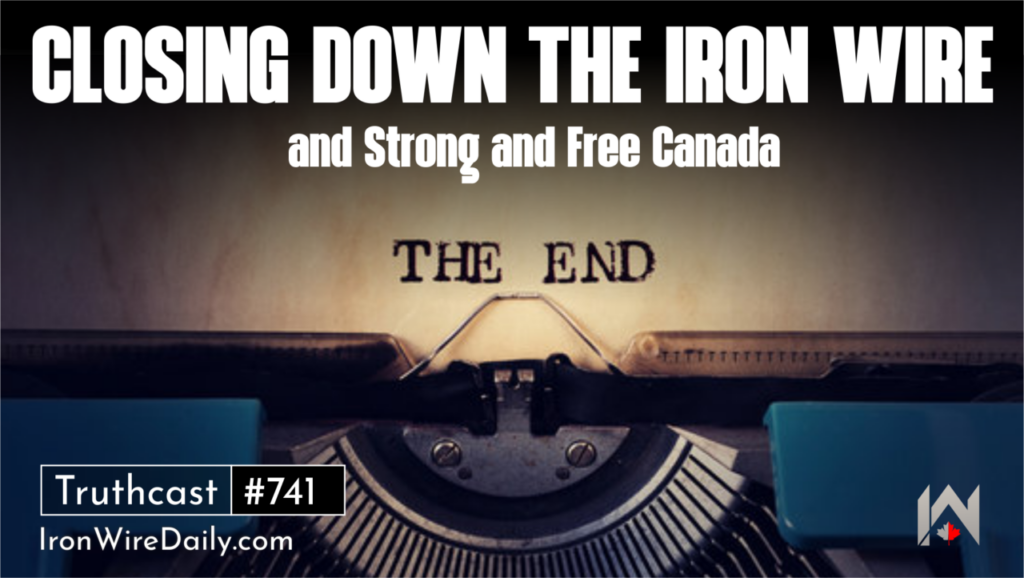
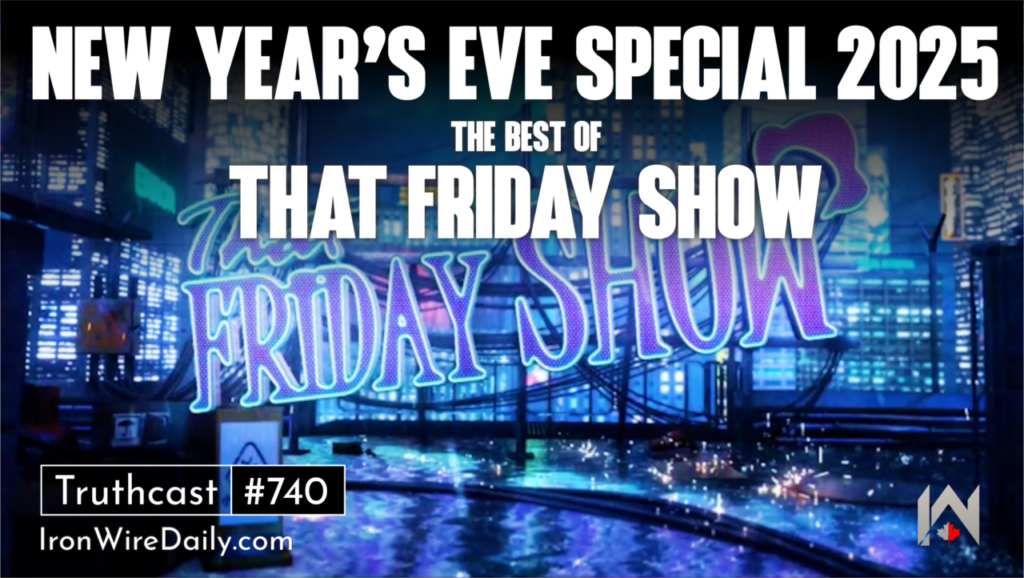
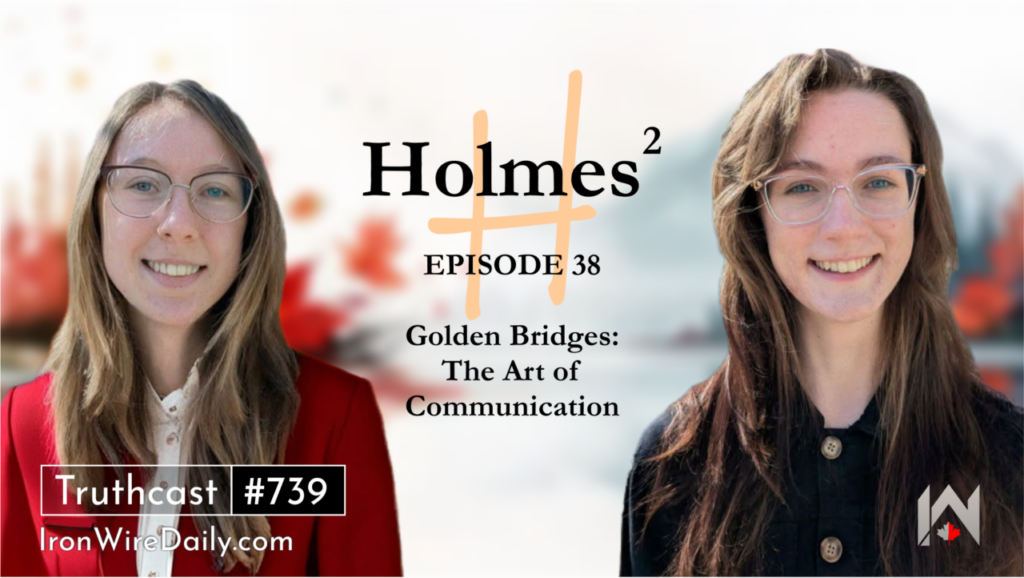

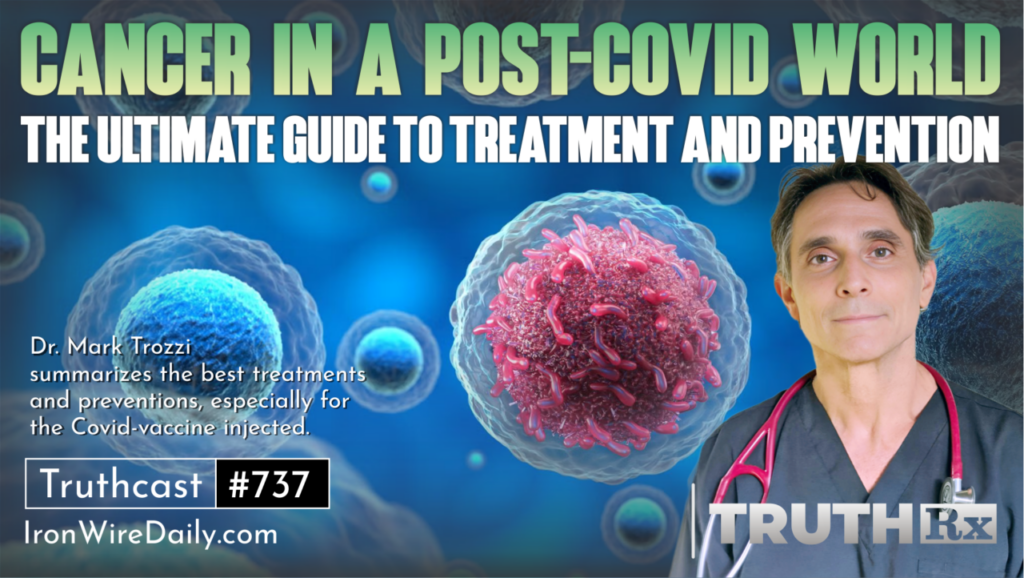
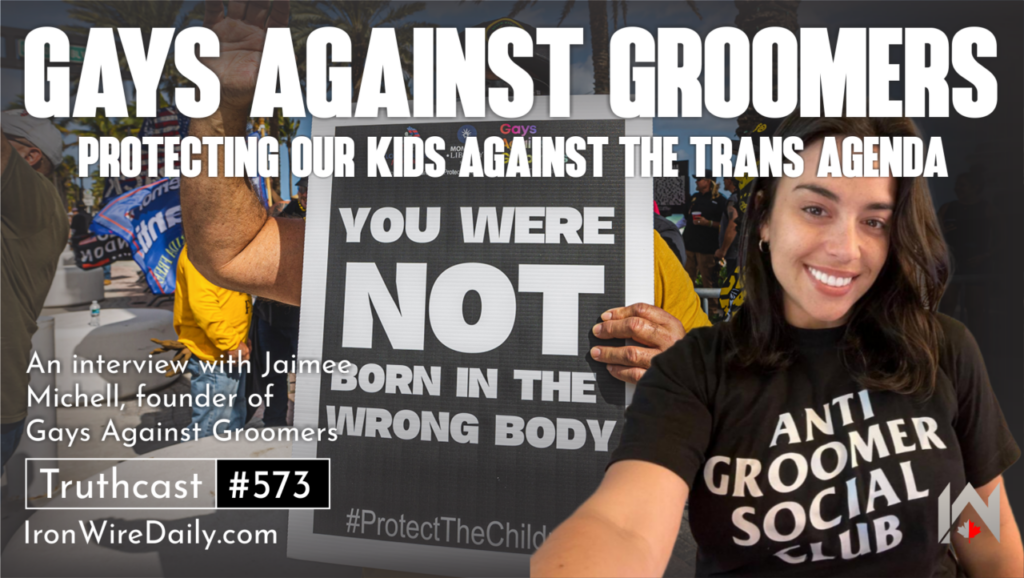
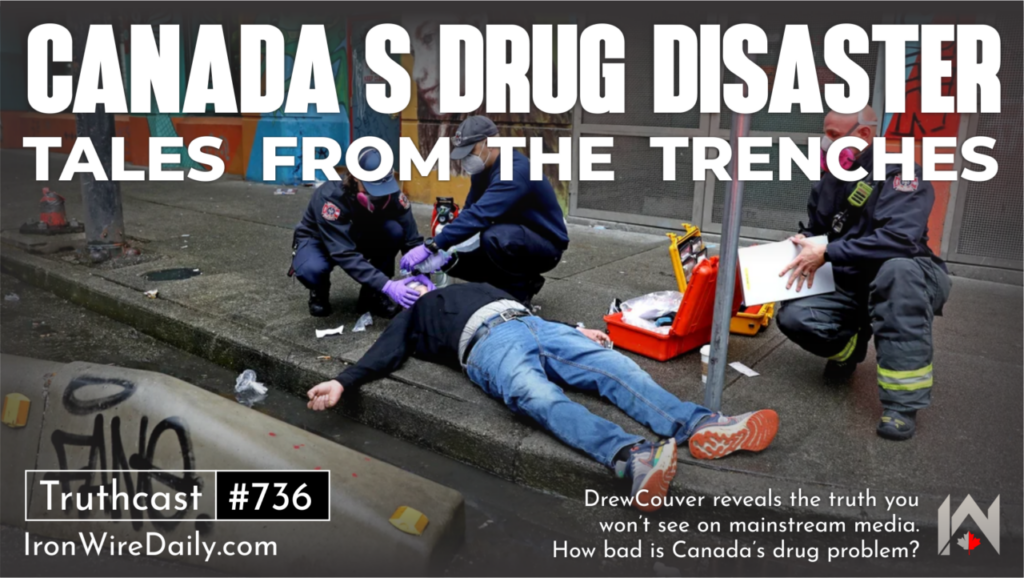
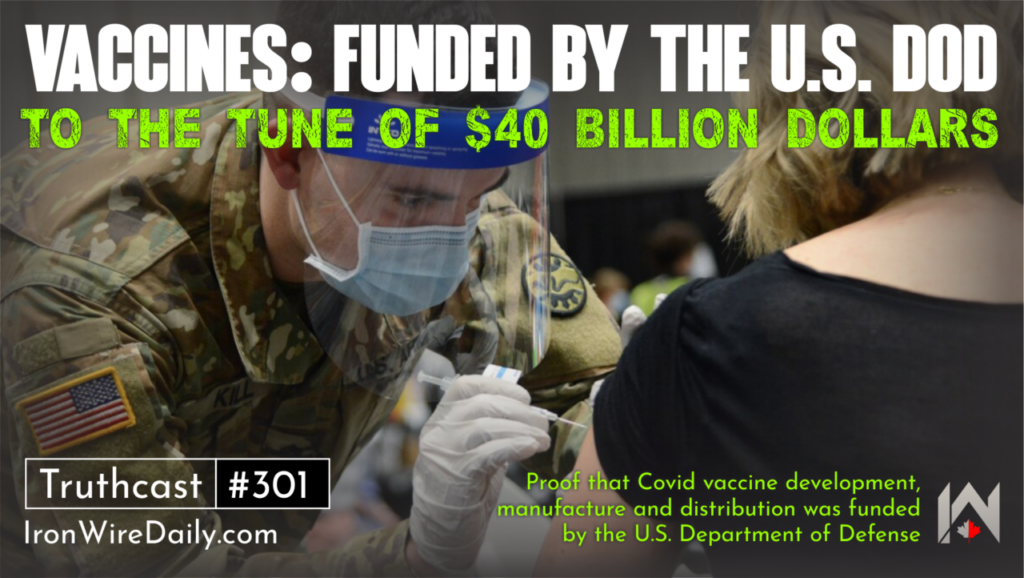
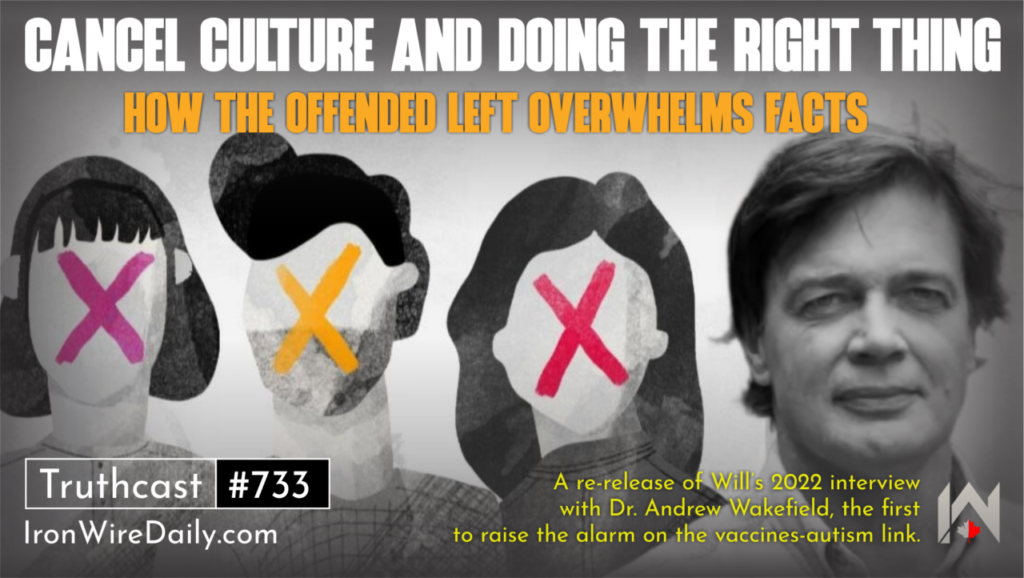
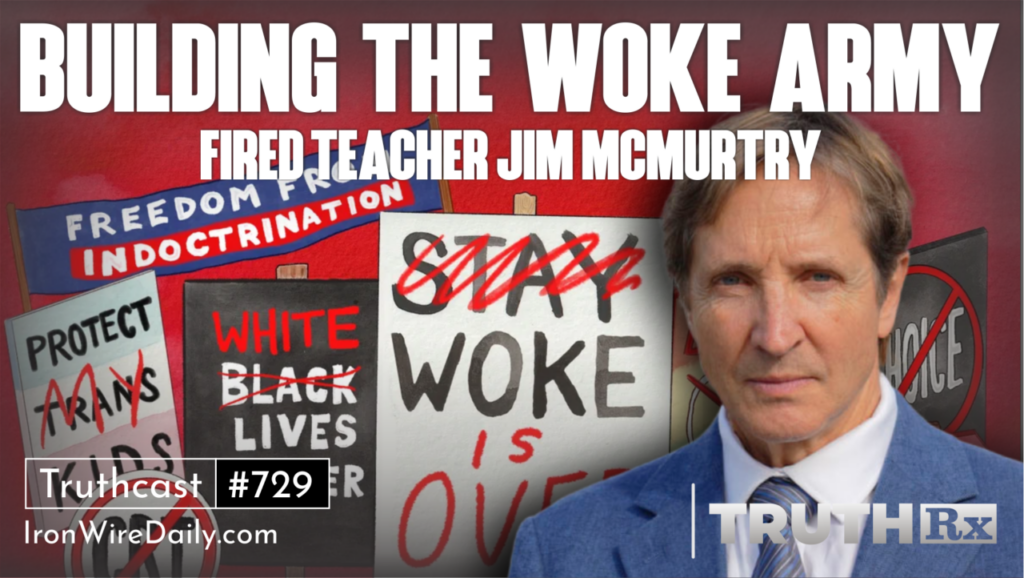




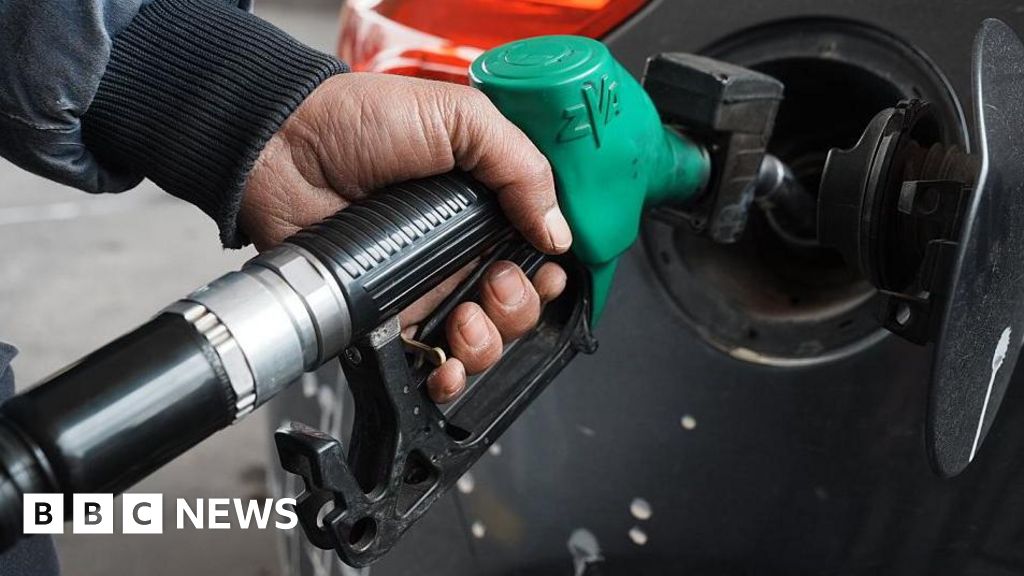
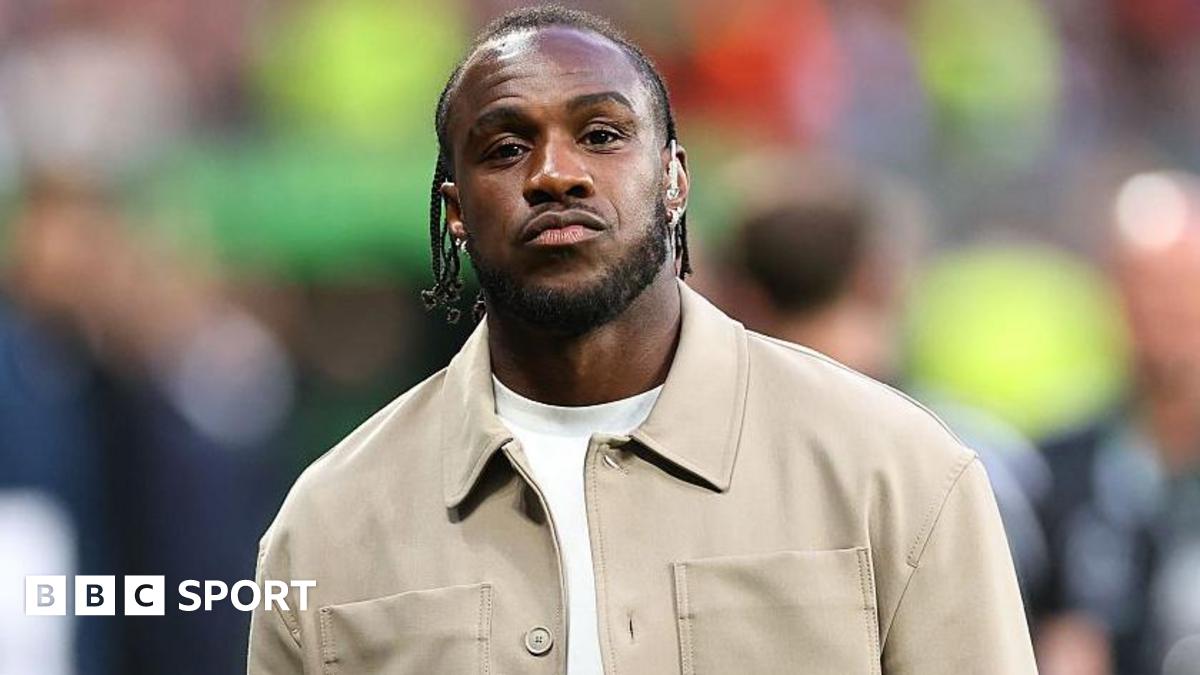
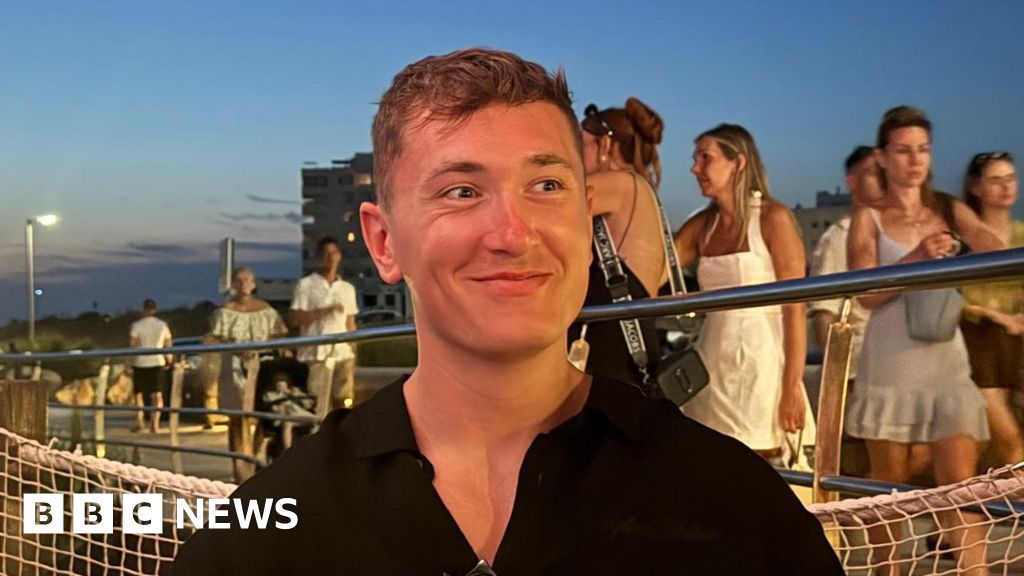
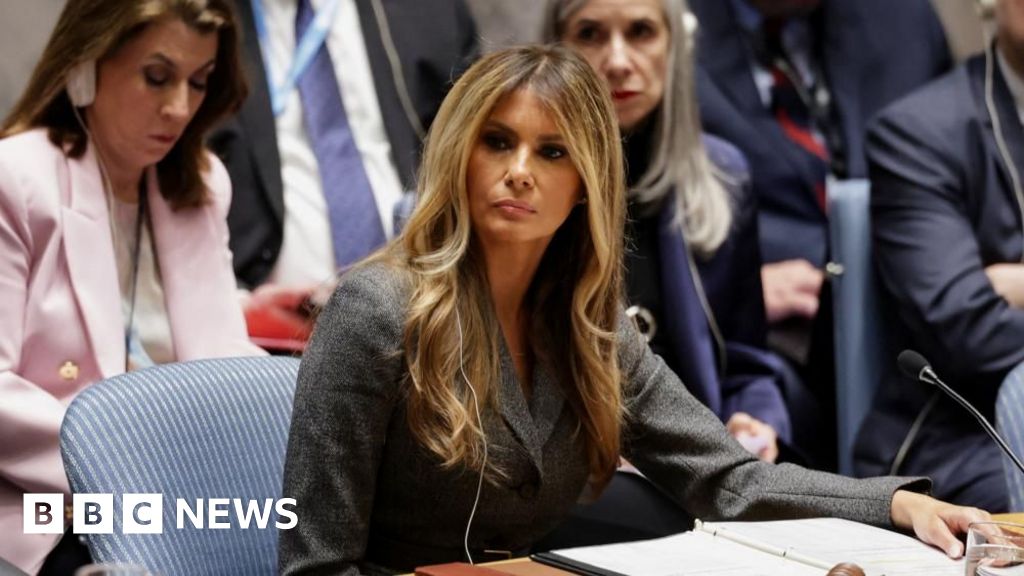
Merci from Montreal